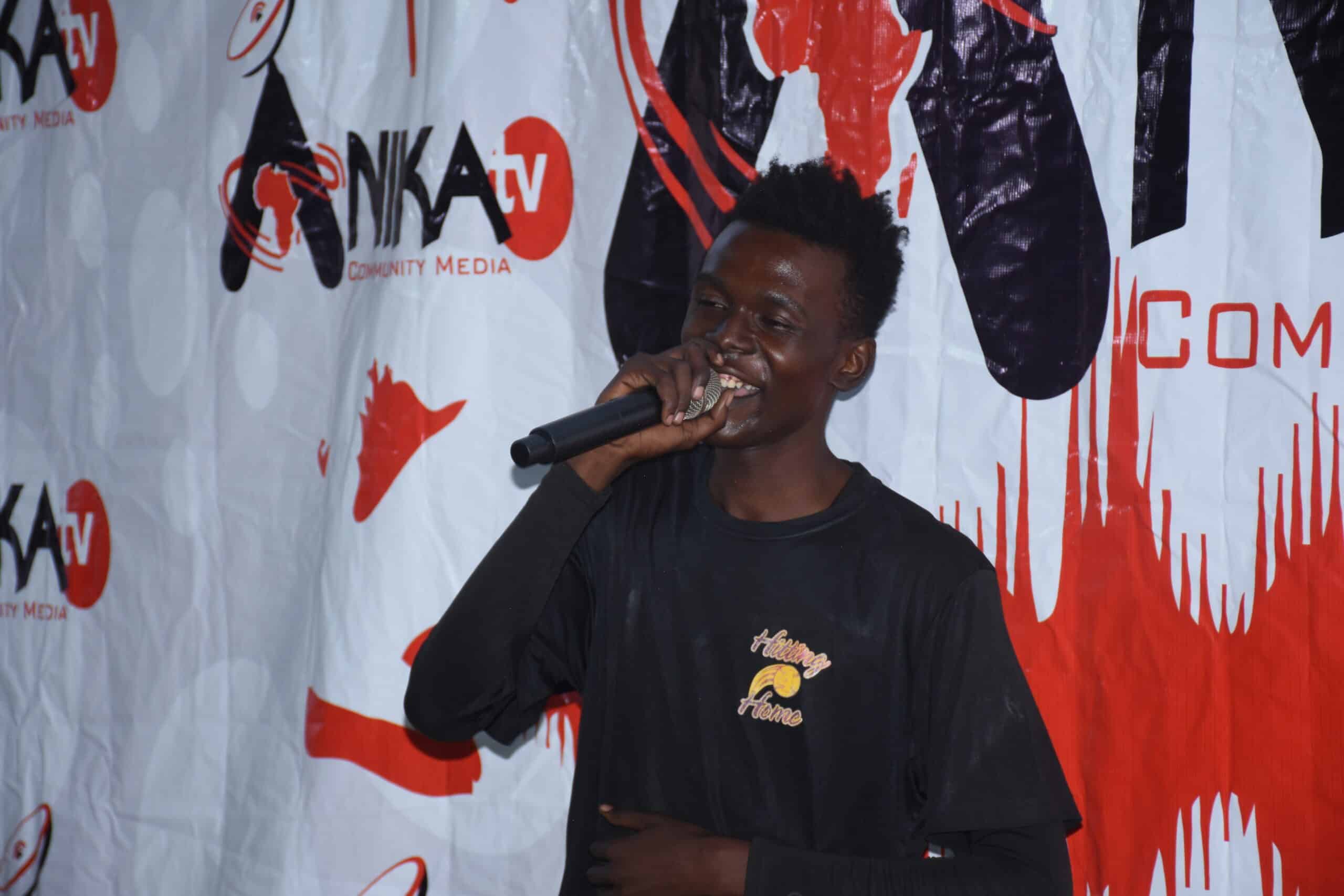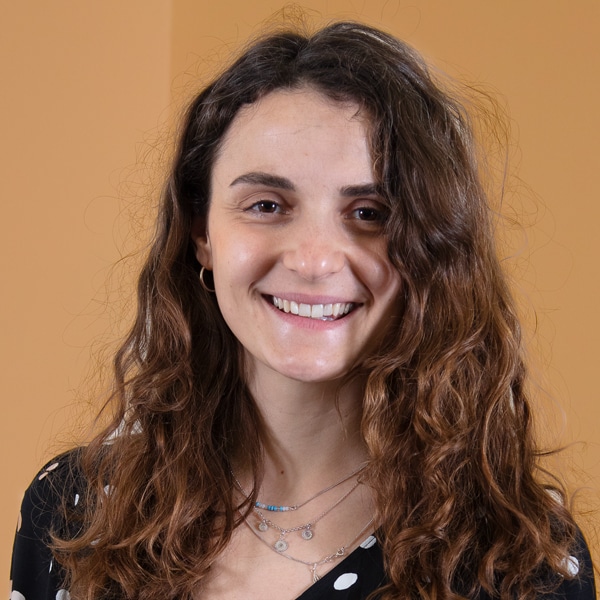Anika Talent Show: Empowering Kenya's Youth for Environmental Education
Visual artists, dancers, poets, thespians, and vocalists between the ages of 14 and 25 were brought together in a lively event in Kenya promoting green skills and environmental justice, aligning with the International Youth Day 2023 theme.
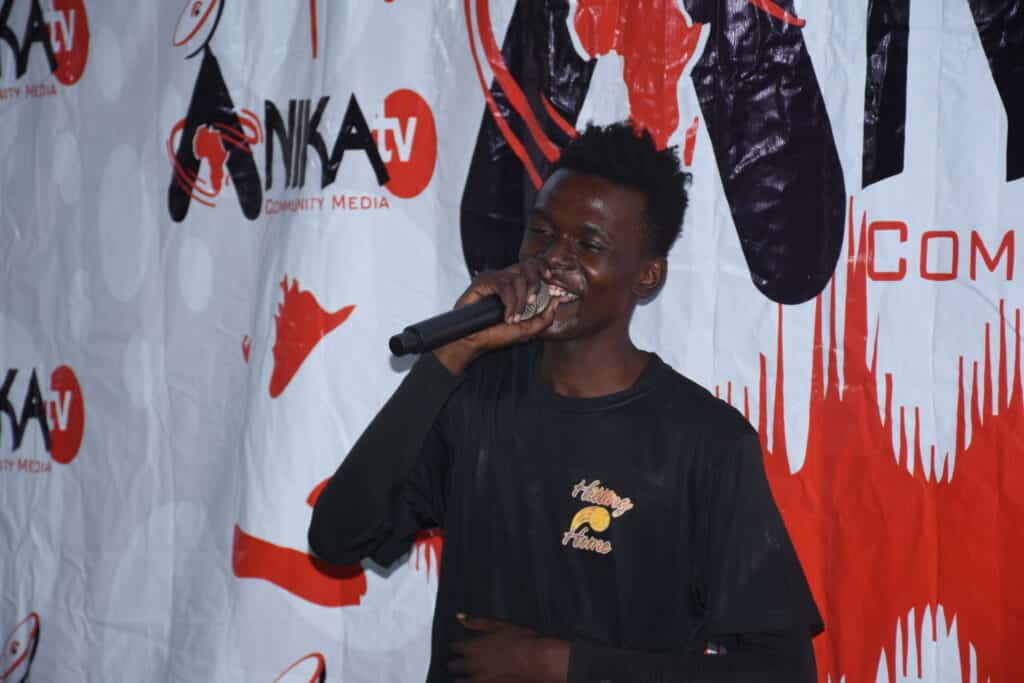
This event was made possible by Nicholas Songora, 2021 Goldin Global Fellow from Kenya and Founding Director Manyatta Youth Entertainment, and his dedicated team behind organizing the Anika Talent Show in celebrating International Youth Day in Partnership with the Forum civ Eastern and Southern Africa hub under the Wajibu Wetu; Jumuika Sikika Program with collaboration from the private sector, religious leaders, persons with disabilities leadership, national and county governments.
Nicholas speaks more to the Goldin Institute about this activity and why it represents a movement that harnesses the power of art to drive change.
He believes that people together can create a sustainable world where everyone, through artivism, contributes to a brighter future. Already, he is leaving his mark on infusing positive change and possibilities among young people.
Nurturing the Youth as Change Agents for Environmental Issues
This gathering equipped young people with green skills and a profound understanding of environmental justice while utilizing the transformative potential of arts to foster sustainability in society.
Nicholas delves into how they incorporated sustainability and environmental justice in this event.
“The activity involved performances like dance and music that narrated stories of environmental struggles, resilience, and hope. These performances fostered empathy, understanding, and a sense of responsibility toward the planet. This was a powerful medium to raise awareness about environmental challenges.” - Nicholas Songora
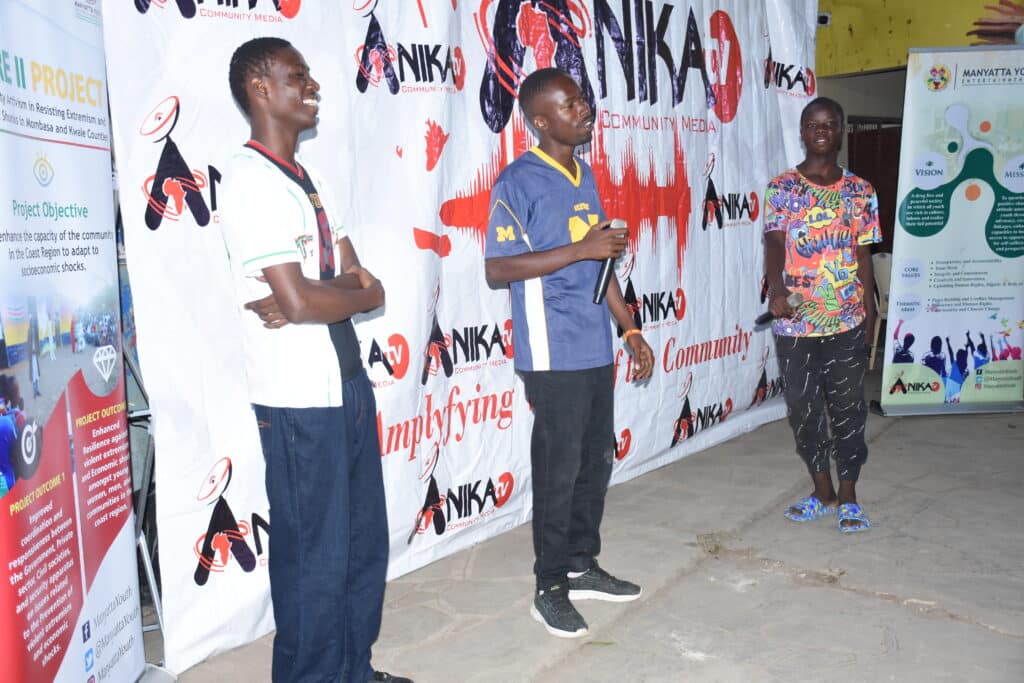
He highlights that photographers pledged to vividly portray environmental issues, ecological beauty, and the consequences of unsustainable practices through art exhibitions.
From the interactive discussion, participants, including village elders, engaged in addressing climate change challenges. They shared personal experiences and ideas for climate action, including sustainable agriculture, waste management, and energy conservation.
Strengthening Community Work through Networking
Further, he expresses his gratitude to several collaborative partners who contributed to the success of the Anika Talent Show.
“As an organization, we prioritize a multi-sectorial approach in programs and project management. According to our strategic focus, one of our critical mandates is to create linkages and alliances with other like-minded organizations and institutions.”
Therefore, Nicholas adds building partnerships and collaborations places the organization at the center of decision-making tables at the county, regional, and national levels.
“This has fostered community ownership and has enhanced sustainability. We collaborate closely with the national and county governments, the private sector, and religious institutions. Also, we collaborate with youth, women, and persons with disabilities networks while forming part of the civil society leadership in Kenya's Coastal region.”
He sees collaboration as fostering cost efficiency and effectiveness, sustainability, and long-term impact accepted by the masses.
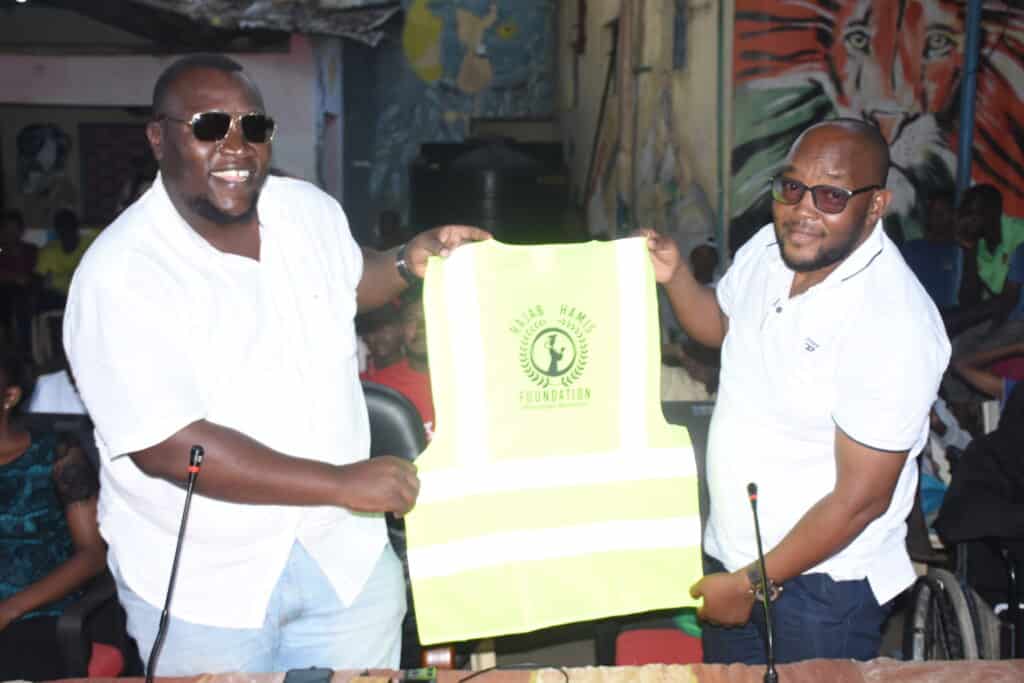
The Lasting Impact of the Goldin Institute Fellowship and Looking Forward
Nicholas acknowledges that he applied the key strategies learned from the Goldin Global Fellowship, from planning to executing the Anika Talent Show.
“Through design, we applied the concept of community asset mapping, which we learned during the Goldin Global Fellowship. In this step, we reflected on the available stakeholders at the grassroots and national levels.”
Further, he elaborates on how they divided into mapping the available resources and funding to support the initiative.
“Identifying potential collaborators was easy, including nominating young people to lead in the activity. Mapping of potential artists within the Anika Community Hub and inviting more from the community.”
Conclusively, drawing from his experience, Nicholas shares his advice with aspiring young people and how they can play a proactive role in their communities.
“The #YouthTribe is a powerful family with all it takes to change the existing narrative and achieve a green economy as a global identity.” he says.
“In most countries, youth form the largest percentage of the population; for example, in my country, Kenya, we are approximately 80% of the population but cannot make a difference if we keep working in isolation. We must unify our voices, be counted, and influence our way to the decision-making table through dialogue and collaboration.”
He draws our attention to the fact that youth cannot win by competing or fighting other stakeholders but by embracing the unity of purpose and fostering collaboration.
Nicholas calls youth to “rise and start building partnerships and networks with multi-stakeholders.”
